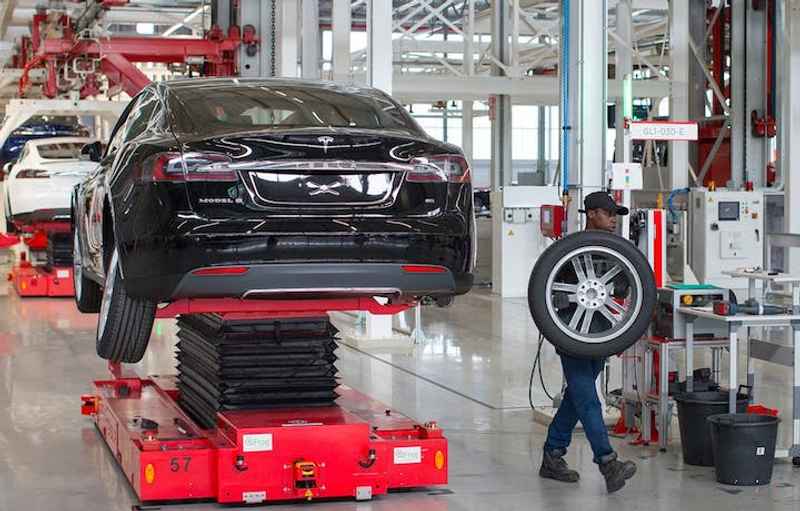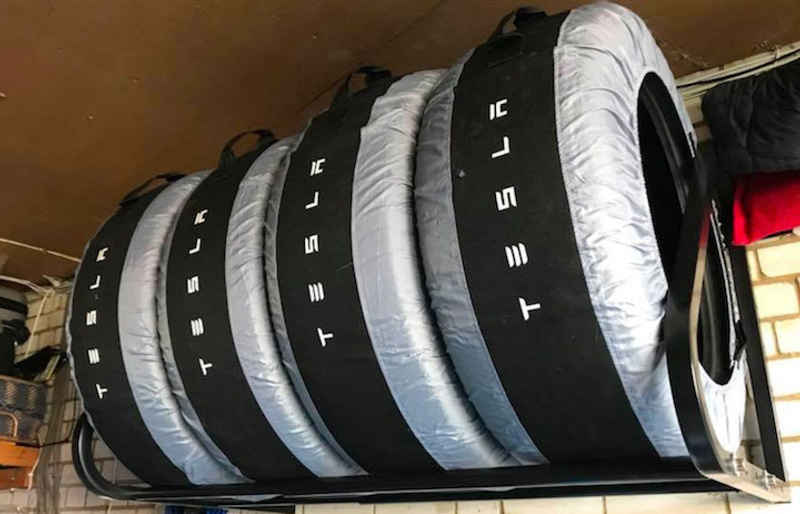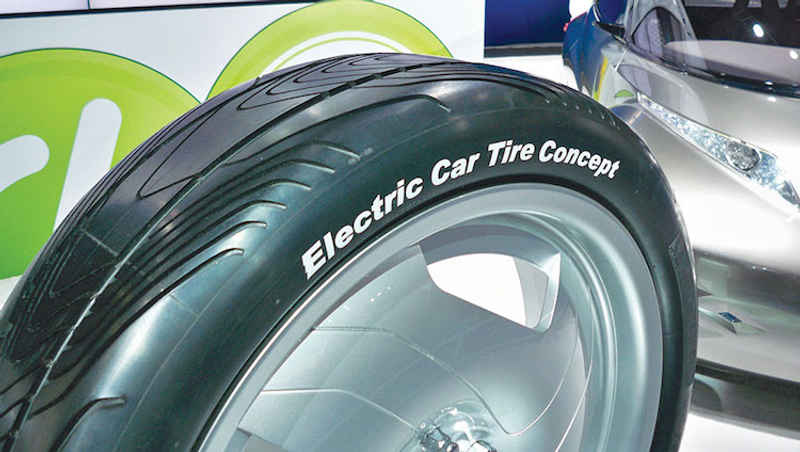- Electric vehicle tyres have a lower Rolling Resistance (RR)
- They get tauter sidewalls for handling additional weight
- They have a specific pattern to reduce tyre noise
- They are are categorized for different types of users
Manufacturers around the globe are increasingly focusing on electric propulsion of vehicles to bring down our reliance on fossil fuels. This will, in turn, lessen the burden on our environment. Electric car tyres are considerably different from tyres used on a normal vehicle that runs on hydro-carbon fuel.

According to studies, if a normal tyre is used in an electric vehicle, it will wear out 30% faster as compared to the same tyre used on a vehicle that runs on hydro-carbon fuel. Let's have a look at the reasons why electric car tyres have to be different than normal tyres:
- EVs ( electric vehicles) are quite heavy owing to the presence of a battery pack and require tyres that are strong and durable enough to handle the additional weight.
- EVs are known for the instant surge of torque that the motor throws to the wheels which means the tyres will also have to be "grippy" enough to facilitate the transmission of this power to the ground.
- EVs don't have an engine and are really quiet which makes it essential for the tyres to be quiet as well to compliment the EVs' silent functioning.

However, just like different versions of normal tyres have been designed for specific purposes in mind, a similar approach was adopted by manufacturers towards electric vehicle tyres. This is because it wasn't possible to create one single EV tyre that could satisfy and perform exceedingly well for every kind of consumer requirement like performance, efficiency, cold weather functionality etc.
For example : If we wish to reduce road-noise, the blocks in EV tyres will have to be of varied sizes and the voids will have to be smaller. But varied blocks and smaller voids will reduce the handling and acceleration capabilities of the tyre. To carry weight, the tyres will have to be made of a harder compound but this, in turn, will compromise the comfort, handling and the rolling resistance of the tyre. A softer tyre will be great for grip, handling and rolling resistance but will also be detrimental for the tyre's longevity and range.
Finding a sweet spot and building a tyre that would offer performance, efficiency,
So the only solution the tyre manufacturers could come up with was to build the perfect electric vehicle tyres for different uses. Hence, the tyres available for EVs are manufactured in three categories:
- High-Performance tyres for EVs
- High-Efficiency tyres for EVs
- Winter tyres for EVs

Conclusion
Electric vehicle tyres boast of features like low rolling resistance, durability, enough grip to handle instant torque and a specific tread pattern which cuts tyre noise that